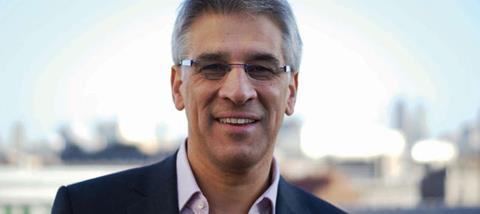
The question of Lesbian, Gay, Bisexual and Transgender inclusion is a divisive one for the Church, but one which, in the end, is about something much bigger than simply the issue of Church unity. It goes much deeper. It impacts the life and health of countless individuals, families and entire communities as well as of our global society.
Exclusion by the Church has had a deeply damaging effect on LGBT people, both directly and indirectly. Many LGBT people have suffered mental, spiritual and even physical abuse at the hands of church leaders and members who have sought to lead them away from what they perceive to be ‘sinful’ inclinations or behaviours, as defined by their interpretation of the Bible.
The pervasive impact of the Church’s traditional view of sexuality has reinforced and perpetuated a national culture in which LGBT people are less than fully accepted or included and are often rejected.
Over the past few years a growing body of data has shown the damage that exclusion has had on the LGBT community in terms of mental and physical health. But research in April 2016 from the London School of Hygiene & Tropical Medicine broke new ground. It found that gay and bisexual men under the age of 26 are six times more likely to attempt suicide or self-harm compared to gay and bisexual men aged over 45, and are also twice as likely to be depressed or anxious. Critically, however, the research team also found that gay and bisexual men who are cohabiting with a male partner are 50% less likely to suffer from depression, compared to those living alone.
In the light of these findings, I call on all responsible Church leaders to re-evaluate their attitude to LGBT people and to work to recognise and sanctify faithful, life-long, monogamous, same-sex relationships. This could be a cornerstone for building positive mental health in the LGBT communities.
I call on all responsible Church leaders to recognise and sanctify faithful, life-long, monogamous, same-sex relationships
Human beings are created for intimacy. By excluding LGBT people from our communities and disqualifying their relationships from our blessing, the Church in the UK and around the world is on the wrong side of what is a significant human rights issue. It is time to rethink our whole approach and for those who can and will stand up, to apologise for our role in this tragic scandal of exclusion and to offer a more wholesome and inclusive welcome in the future.
Local church communities must become places of sanctuary and refuge for all people in need. But all too often this is far from the case for members of the LGBT community. It needs to change. We need more open churches. Our church communities are strengthened, not diminished, by diversity. Of course, a forever growing number of local churches are already quietly inclusive of LGBT people, and this is a step in the right direction. But it is not enough. For the sake of the health and wellbeing of countless LGBT people around the world, our churches need to be both clear and public about their openness and inclusion.
Oasis is responding to this situation by introducing the ‘Open Church Charter’ through which local churches can clearly signal their full inclusion of LGBT people. The Charter gives Christian congregations and communities searching for a proactive and public way to show that they are inclusive of the LGBT community a tool to do so. The seven clauses of the charter have been widely consulted on with leaders of inclusive churches from across the denominational spectrum, and use language which enables congregations across all traditions and networks to adopt it. Its statements commit churches to guarantee that they will provide ‘welcome, embrace, inclusion, affirmation and sanctuary’ to all regardless of sexuality and gender.
Oasis has launched the Open Church Charter as part of Open Church 2016, a conference designed to bring together people who are at different stages of this important journey in order to share and learn how we can go back to our local congregations, and help make them places of sanctuary and acceptance for people who identify as LGBT.
Rev. Steve Chalke is the Senior Minister of Oasis Church Waterloo and leader of the Oasis Trust
Click here to read a response to this blog by Ed Shaw from Living Out
Click here to request a free copy of Premier Christianity magazine



























